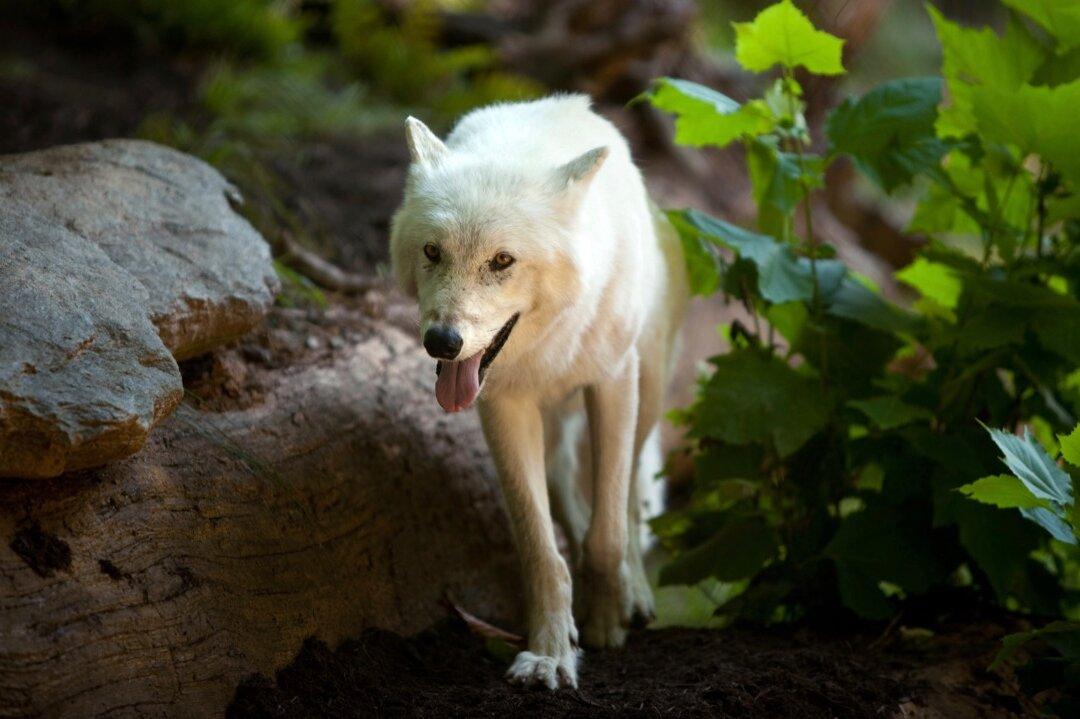Four Canadian wolves were captured and airlifted to Lake Superior’s Isle Royale National Park in Michigan, which doubled the current number of wolves in the area.
“I am ... blown away by the resilience of these wolves, who within hours after undergoing capture and handling and arriving on Isle Royale, immediately got on the trail of their pack mates,” Mark Romanski, the park’s natural resources division chief, told The Associated Press.





